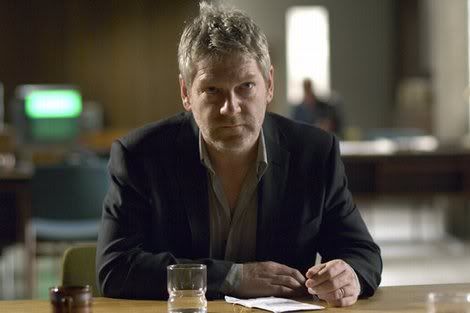So much going on today that, unless my Google Reader is lying to me, not a single one of the many film sites and blogs on my list of usual suspects has mentioned that Christopher freaking Lee was knighted today. (I, however, will be paying my respects in the next post.)
Meanwhile….
* The biggest news of the day was expected, I guess. The New York offices of the once might mini-major Miramax, founded by Harvey and Bob Weinstein and since sold off to Disney, have been closed and the annual slate of films significantly downsized. In addition, the division’s “prexy” Daniel Battsek is stepping down, though he is supposed to be supervising the consolidation of the NYC and L.A. offices through January and no replacement has been set. Not surprising in tough times for “small” films. Anne Thompson partially blames what you might call movie mission creep, among other factors.
The main problem with the studio sub-divisions that are being slashed if not eliminated is that they simply don’t return enough on investment. They inevitably drift away from small-scale divisions that push low-budget films into more ambitious upscale operations with more employees and more overhead. With growth comes bigger budgets, more P & A, wider releases, more grandiose Oscar campaigns and often, smaller profits.
Her entire piece is definitely worth a look as she mentions how even some seemingly successful award pictures as “There Will Be Blood” and “Doubt” became money losers or earned less than you might think due to marketing costs and award campaigns.





